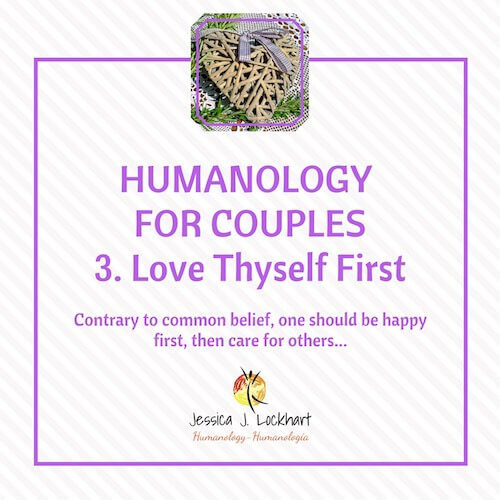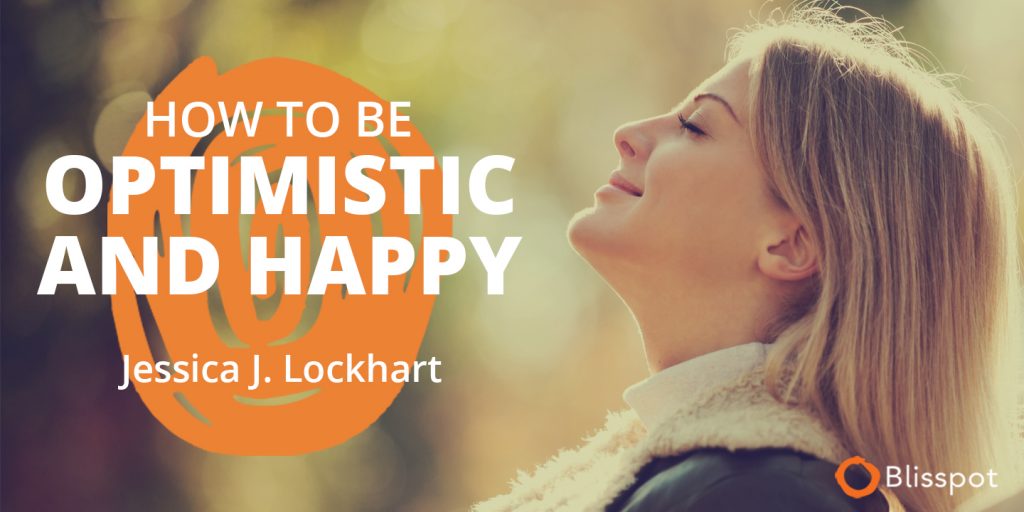Haven’t you been told that selfishness is wrong? That one should always place others before oneself? Well, sorry, I disagree! Let me explain why…
Many cultures believe that selfishness and placing oneself before others is wrong and should be avoided at all cost. Those beliefs are transmitted from generation to generation. Children in those cultures sometimes grow up thinking that they should always sacrifice themselves to others and be at their service. Such selflessness grows into a very limiting belief that prevents self-love and self-acceptance, as “one should always place others before oneself.”
When a belief is created and established in a person’s mind, it affects everything that person sees in life. If a person believes that he or she should always place others before themselves, that’s what the person will do, even if it ends up causing more harm than good. Beliefs are very powerful. They affect the way we see life. They act as a filter through which we perceive reality. If my filter tells me that I’m a bad person if I consider myself first, everything I do to take care of myself or to love myself will be bad as soon as there’s another person involved. As a result of this belief, many people will go to extremes in order to place others before them, even if doing that serves no real purpose and actually hurts them.
What would happen if we learned something different and thus developed a belief that prevented that situation from happening? Wouldn’t it be better for everyone if we all believed in loving ourselves AND others?
If a relationship is established from a position of inferiority, from a position in which one feels at the service of others, the relationship will always be lacking. It will be lacking love, respect and happiness. If I need to sacrifice myself so the other person is happy, I will feel useful, supportive and loving but maybe not loved, respected and supported. In time, some of my needs will not be satisfied and I might slowly feel neglected and undervalued. That’s why I propose a different approach. What if we loved ourselves first? What if we made sure that we are OK before trying to support, love and cherish others? Only from a safe, solid position in which we feel happy and fulfilled can we fully engage in a relationship with others. Unless we feel safe, happy and fulfilled, all our relationships will involve only some parts of us, not our whole being. Which is what happens when we constantly place ourselves below others.

If we manage to question and change our belief from “one should always place others before oneself,” to something like, “all human beings need to be loved and respected,” or “I love myself and others,” or even, “all human beings are equal,” we could then start applying my triple-question strategy.
There are 3 questions that we should all ask ourselves all the time in order to guarantee that everything is ok with ourselves:
- Am I loving myself by doing what I’m doing?
- Is what I’m doing helping or empowering me?
- Am I taking care of myself by doing what I’m doing?
Whenever a human being answers any of those questions in the negative it is because whatever action or situation they are in is actually hurting them. Everything we do in life should help us love ourselves, care for ourselves and help or empower us. Let’s imagine a situation in which we’re helping others but actually not ourselves… Let’s say, for instance, that I am working overtime to give my family some extra money to go on a vacation. I do it because I want to, because I decided to offer them a vacation and it’s only like this that it will happen. I am happy and enjoy the hard work because it makes me feel good and important. If, on the other hand, the pleasure I feel by doing it isn’t big enough to counterbalance the tiredness and the effort, everything I’m doing for them will surely backfire and I might even start feeling abused by the situation. If I’m doing it for them but don’t feel happy inside, if I feel used or trapped and have no other choice, no matter how much I tell myself that I’m doing it for them, I will still feel bad deep inside. I will only feel happiness in sacrificing myself as long as the sacrifice truly makes me feel it like a gift to MYSELF, as something that makes me be a better person and gives me something in exchange: recognition, support, contribution… whatever it is that pampers or empowers me.
Unless both human beings in a relationship take care of themselves first, their relationship will not be balanced. One of them will end up feeling unhappy. It’s not our partner’s job to make us happy. It is our job. We have to decide to love ourselves first. We have to decide to care for ourselves. We need to only do things that help or empower us ONE WAY OR ANOTHER. There will be occasions in which we’ll place others before us because that empowers or helps us but the key here is that we will be the ones deciding to do it. Not because of a limiting belief on our part but because it helps us be happier and more fulfilled.
If we both love and care for ourselves, loving and caring for others will naturally be the second step. By feeling happy and fulfilled, we’ll be able to love and care for others much better than if we felt sad, used or unhappy. At the end of the day, and contrary to popular belief, every human being should love him or herself first. Only then can we truly and fully love others.
Come back for more ideas on long-lasting relationships. I will be publishing some more articles these coming weeks. Feel free to share them as well, if you think they could help somebody you know.
Humanology is the discipline that works with and for human beings by combining academic and scientific knowledge with personal and life experience. Discover how it can help you!
Enjoy life… ALL of it,








